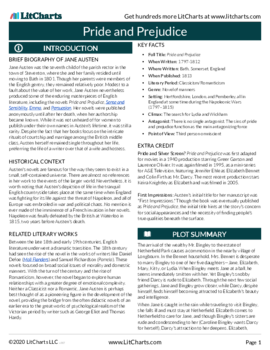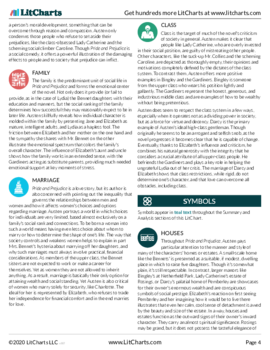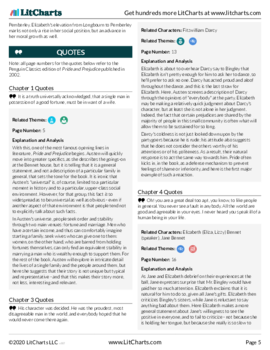- All's Well That Ends Well
- Antony and Cleopatra
- As You Like It
- The Comedy of Errors
- Coriolanus
- Cymbeline
- Hamlet
- Henry IV, Part 1
- Henry IV, Part 2
- Henry V
- Henry VI, Part 1
- Henry VI, Part 2
- Henry VI, Part 3
- Henry VIII
- Julius Caesar
- King John
- King Lear
- Love's Labor's Lost
- A Lover's Complaint
- Macbeth
- Measure for Measure
- The Merchant of Venice
- The Merry Wives of Windsor
- A Midsummer Night's Dream
- Much Ado About Nothing
- Othello
- Pericles
- The Rape of Lucrece
- Richard II
- Richard III
- Romeo and Juliet
- Shakespeare's Sonnets
- The Taming of the Shrew
- The Tempest
- Timon of Athens
- Titus Andronicus
- Troilus and Cressida
- Twelfth Night
- The Two Gentlemen of Verona
- Venus and Adonis
- The Winter's Tale
plus so much more...
-
Anaphora
The poem's use of anaphora adds authority and a sense of exacerbated insistence to the speaker's tone. That anaphora itself is subtle, however; the most commonly repeated word ("Nobody") is only used a total of six times (so once per stanza, on average), and after the first two times, which happen successively, the anaphora is interrupted by sentences and even entire stanzas in which anaphora doesn't appear. (In fact, one might argue that after the first stanza, the recurrence of the word "Nobody" is just regular repetition and not anaphora at all.)
Despite the anaphora only being used heavily in the first stanza of the poem, the effect of it is huge. By front-loading the poem with the repetition of the word "nobody," the poet sets up an expectation for this kind of insistent denial that the reader feels echoing throughout the rest of the poem, even though sentences vary more often than not.
The repetition of the word "Nobody" has somewhat of a haunting effect as well. The parents deny the accuracy of their child's memories, but rather than saying "we didn't do that" or "so-and-so didn't do that," they use the word "Nobody." Somehow this phrasing is more ambiguous, more evasive than if they were to say "I didn't do that" or "that's not how I remember it."
There are also smaller moments of anaphora with the repetition of "we," as in:
[...] we have the facts. We called the tune.
And:
We did what was best. We remember your childhood well.
This anaphora places repeated emphasis on the parents' point of view and authority.

|
PDF downloads of all 3061 of our lit guides, poetry guides, Shakescleare translations, and literary terms.
PDF downloads of all 1916 LitCharts literature guides, and of every new one we publish.
Learn more
|

|
Explanations for every quote we cover.
Detailed quotes explanations (and citation info) for every important quote on the site.
Learn more
|

|
Instant PDF downloads of 136 literary devices and terms.
Definitions and examples for 136 literary devices and terms. Instant PDF downloads.
Learn more
|

|
Compare and contrast related themes.
Compare and contrast Related Themes across different books.
Learn more
|

|
Teacher Editions for all 1916 titles we cover.
LitCharts Teacher Editions for every title we cover.
Learn more
|

|
PDFs of modern translations of every Shakespeare play and poem.
PDFs of modern translations of every Shakespeare play and poem.
Learn more
|

|
Advanced search across our collection.
Advanced Search. Find themes, quotes, symbols, and characters across our collection.
Learn more
|

|
Line-by-line explanations, plus analysis of poetic devices for lyric poems we cover.
Line-by-line explanations, plus analysis of poetic devices for every lyric poem we cover.
Learn more
|


For every lyric poem we cover.



Literature Guide PDFs
LitCharts PDFs for every book you'll read this year.



Quotes Explanations
For all 42,382 quotes we cover.





Teacher Editions
Time saved for teachers.
For every book we cover.
Common Core-aligned



PDFs of modern translations of every one of Shakespeare's 37 plays, 154 sonnets, and 3 longer poems.


Plus a quick-reference PDF with concise definitions of all 136 terms in one place.





















